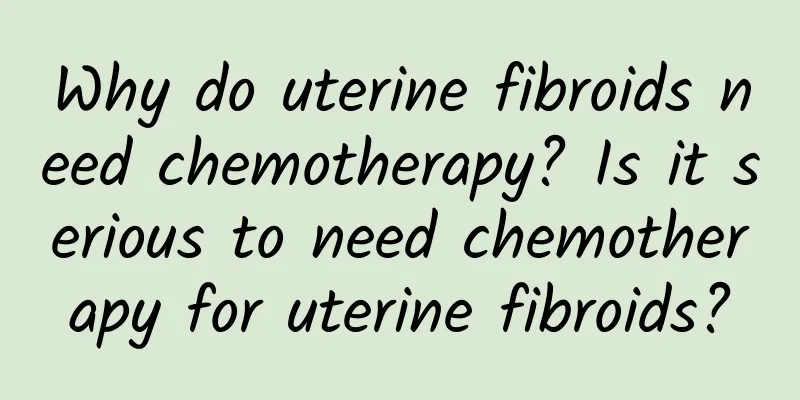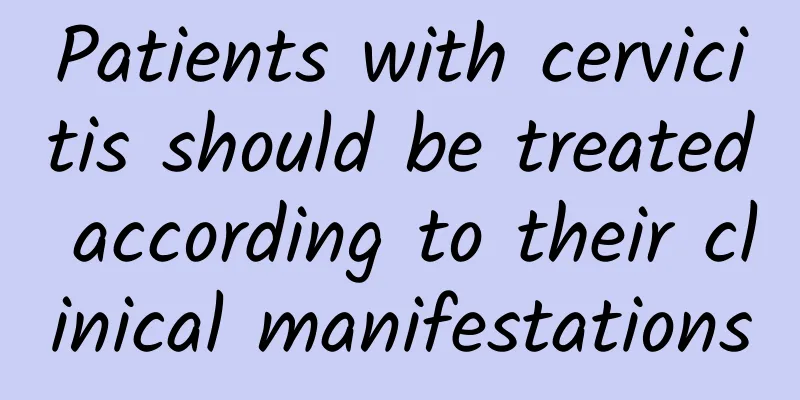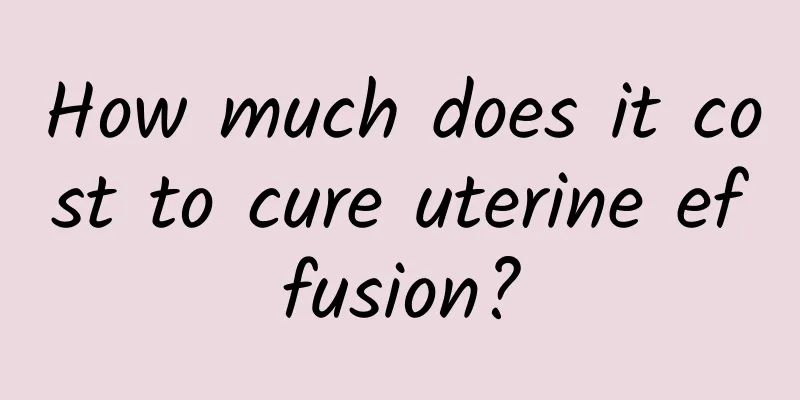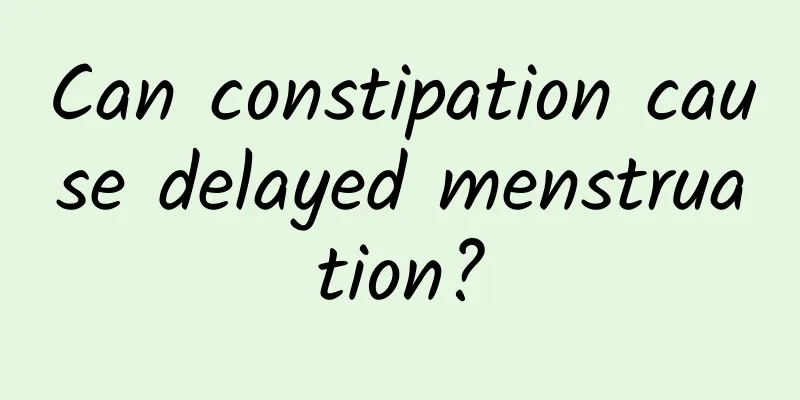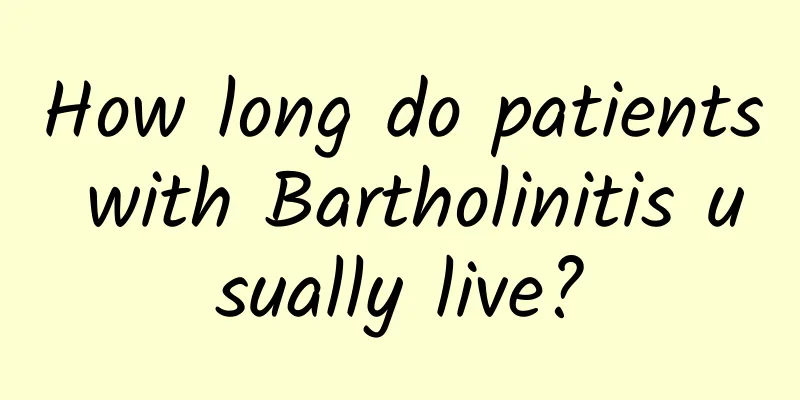What are the consequences of not removing uterine fibroids? Can uterine fibroids be treated without removing the uterus?
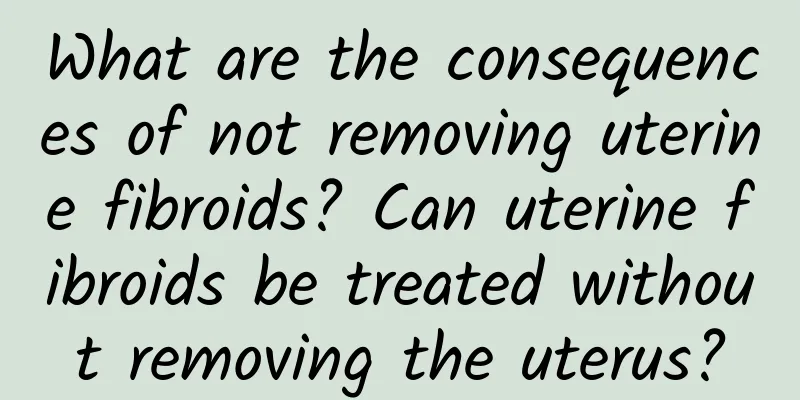
|
What are the consequences of not removing uterine fibroids? Can uterine fibroids be treated without removing the uterus? Uterine fibroids are common benign tumors in gynecology. In most cases, they do not need to be removed immediately, but whether to remove uterine fibroids still needs to be judged based on the specific circumstances. Uterine fibroids are caused by excessive proliferation of uterine muscle cells, which often occur in women of childbearing age. In some cases, uterine fibroids may cause a series of symptoms, such as irregular menstruation, dysmenorrhea, abdominal mass, etc. For those cases with no obvious or mild symptoms, some doctors may choose to observe and conservatively treat them without removing the uterus. However, if uterine fibroids cause obvious discomfort or severe symptoms, removal of the uterine fibroids may be necessary. For those cases who choose not to remove uterine fibroids, there are some potential impacts. First, not removing uterine fibroids may cause continuous bleeding or irregular menstruation, which will cause many inconveniences to women's daily lives. Secondly, uterine fibroids will increase and may put pressure on organs such as the bladder and rectum, leading to problems such as frequent urination and constipation. In addition, the presence of uterine fibroids may also lead to infertility or increase the risk of miscarriage because it may interfere with the implantation of the endometrium and the normal development of the fetus. Therefore, for women who are planning to become pregnant or are detected with uterine fibroids during pregnancy, it may be more appropriate to remove the uterine fibroids. However, not all uterine fibroids need to be removed immediately. For those uterine fibroids that are small, asymptomatic or with mild symptoms, doctors may recommend that patients control the condition through observation and conservative treatment. During the observation period, the doctor will regularly check the size and progression of the patient's uterine fibroids and adjust the treatment plan according to the specific situation. For some patients who have entered menopause, due to the decrease in estrogen levels, uterine fibroids may naturally shrink or even disappear, so resection surgery may not be necessary. Finally, it should be made clear that not removing the uterine fibroids is not a direct treatment for uterine fibroids. Not removing the uterine fibroids is only a measure to maintain disease control and does not solve the underlying problem. For those who have experienced multiple recurrences or severe symptoms, removing the uterine fibroids may be a better option and prevent further deterioration of the disease. In summary, not removing uterine fibroids may cause a series of discomfort and symptoms, and affect women's health and quality of life. However, not all cases require immediate removal, and doctors will determine whether surgical treatment is needed based on the patient's specific situation. Therefore, it is key to see a doctor in time and follow the doctor's advice. If you have symptoms or concerns about uterine fibroids, be sure to see a doctor and consult a professional doctor. |
Recommend
What are the hazards of severe cervical erosion?
Everyone wants to have a healthy body, but there ...
How much does it cost to cure threatened abortion?
In the early stages of pregnancy, due to accident...
Experts tell you how to stay away from cervical hypertrophy
Cervical hypertrophy is a disease that seriously ...
1 cup of bubble tea 550 calories consumed by 3 hours of brisk walking
During the summer vacation, students have an unco...
What are the symptoms of adnexitis?
Generally speaking, adnexitis is a common disease...
Popular popcorn with high calories Homemade low-calorie popcorn
Garett Popcorn, a well-known popcorn from Chicago...
Can I get pregnant with functional uterine bleeding?
Dysfunctional uterine bleeding may affect pregnan...
What is the nature of uterine fibroid degeneration? What does uterine fibroid degeneration mean?
What is the nature of uterine fibroid degeneratio...
What are the symptoms and hazards of cervical hypertrophy
Cervical hypertrophy is a common gynecological di...
What to do if you have uterine contractions during mid-pregnancy due to adenomyosis
What about uterine contractions during mid-pregna...
Unemployment makes people thin! Being underweight can increase your risk of death
"Preventive Medicine" recently publishe...
Diet for auxiliary treatment of pelvic inflammatory disease
Diet for auxiliary treatment of pelvic inflammato...
Can endometrial tuberculosis be cured?
Endometrial tuberculosis is one of the main cause...
What are the treatments for moderate cervical erosion?
As a type of cervical erosion, I believe everyone...
3 symptoms of women before menopause
Women usually experience some noticeable physical...

